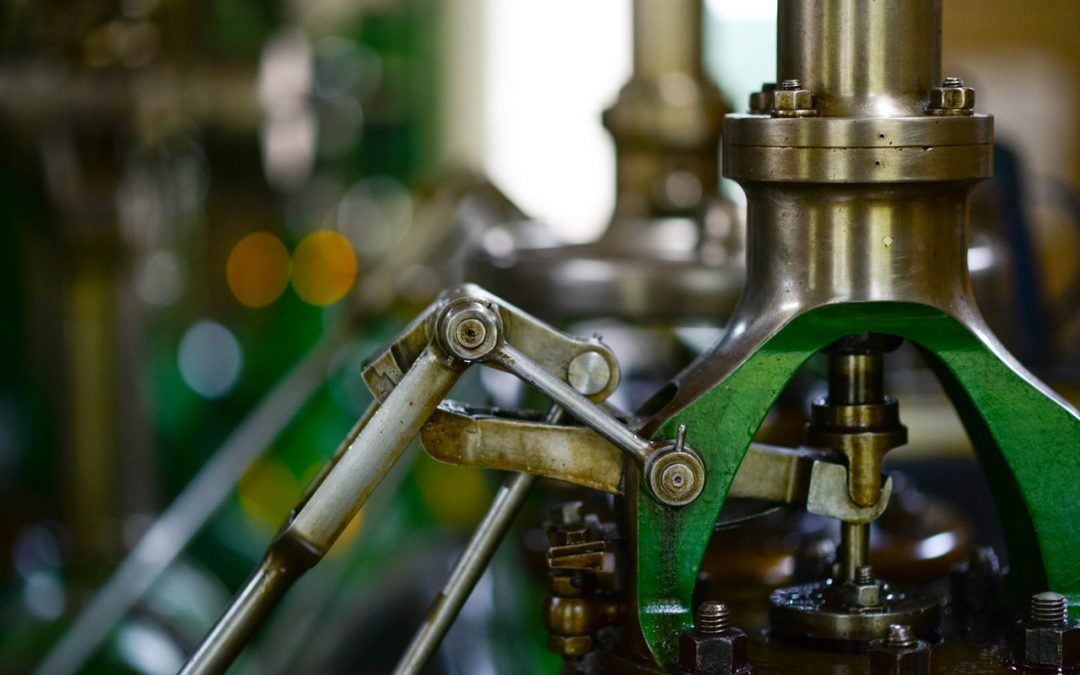Property tax assessments are not written in stone. This is good news for businesses that face escalated property taxes. Business owners can and should fight unreasonable increases, but not before arming themselves with an equipment appraisal. Equipment appraisals serve as documented proof of what your equipment is actually worth, and ensure that should you appeal a property tax assessment, you have the ammunition to win.
Tax assessors are far from infallible. They are expected to value a wide range of entities, from land to vehicles, properties, tools, industrial equipment, and more. Because they are operating across such a broad range of valuations, they are especially susceptible to errors. In fact, the National Taxpayers Union estimates that between 30-60 percent of all property is over-assessed, making it paramount for you to review assessments carefully and verify supporting figures. It is also worth noting that assessors often face pressure to raise taxes, thereby increasing the availability of government funds that enable their own work. In short: viewing your property tax bill with a healthy skepticism can serve you well.
That being said, solicit input from an independent, certified equipment appraiser prior to your property tax appeal. Assessors view data compiled by outside consultants as more trustworthy than that which is provided by business management or equipment dealerships, both of which have a stake in the valuations. Third party appraisals are unbiased and defensible. Appraisers work with similar equipment on a regular basis and are trained in methodologies that hold up to scrutiny. Additionally, independent appraisers are able to take specific factors into account, such as the equipment condition, utility, remaining useful life, and can also adjust those factors by considering market conditions, economic fluctuations, and industry trends.
The valuation analysis in an equipment appraisal needs to tell a concise and compelling story. That narrative often includes what information was collected, how that process was executed, sources for market data, industry history, and industry forecasts, as well as how and why the calculations were performed. Supporting documentation can be extensive, but a trained professional will know exactly how to present the necessary information.
While many tax assessors base their calculations on estimations and opinions, the burden of proof is not on them. It is on you. And until those valuations are countered with solid documentation stating the contrary, you are stuck with the bill.
A comprehensive and well-researched equipment appraisal allows you to fight fire with facts. Appraisal reports prepared by independent, certified professionals stand up to the highest level of scrutiny and ensure that you pay only what you owe.

